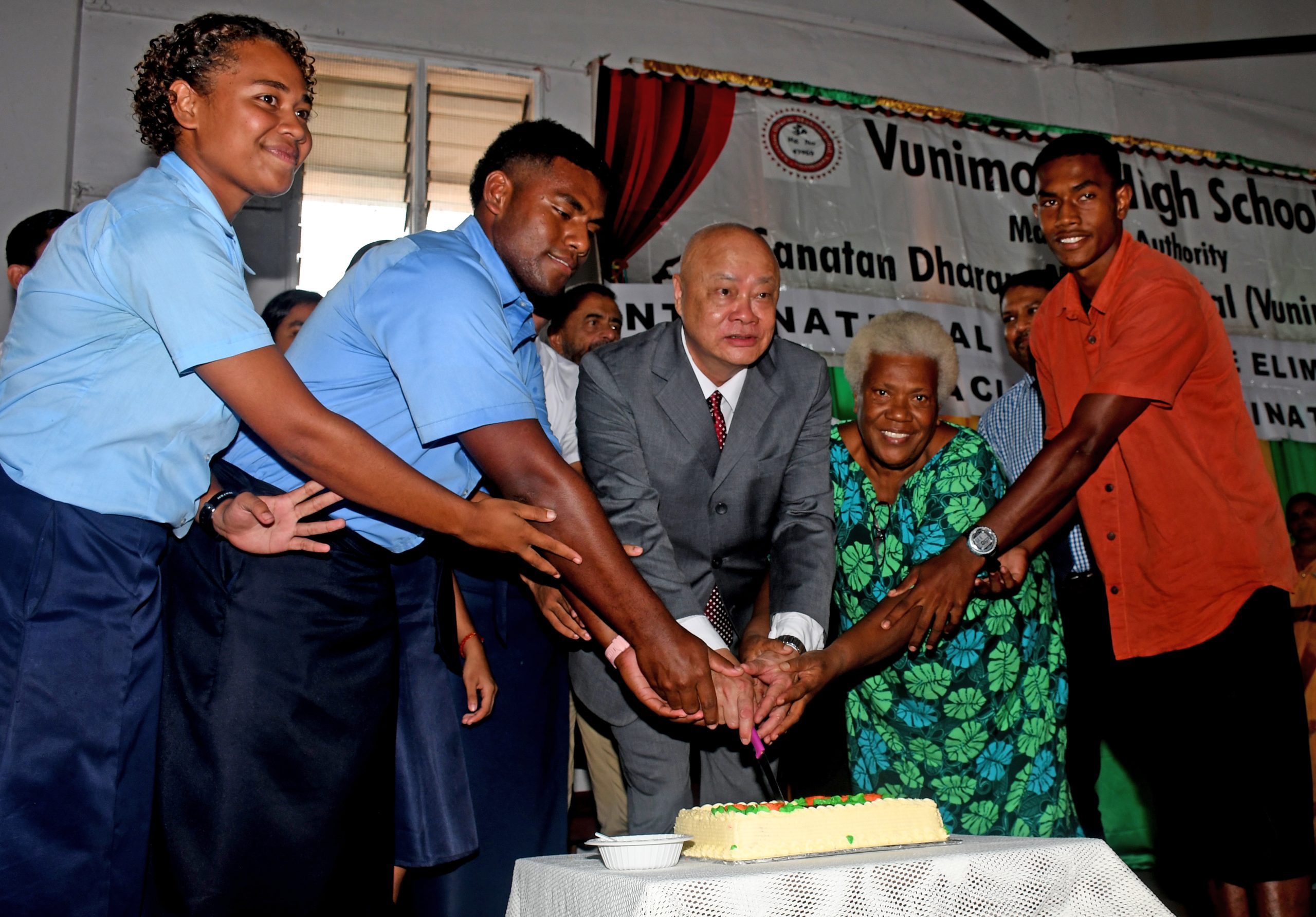Attorney-General Graham Leung believes Fiji has been tested in its quest for racial harmony, and while the country came close to the edge of a cliff, it did not fall.
Mr Leung shared this as a guest speaker at an International Day for the Elimination of Racial Discrimination event at the Vunimono Community Hall in Nausori on Friday.
The journey to build greater racial harmony in Fiji, he said, was work-in-progress.
“There are times when we have failed each other and failed ourselves as a nation,” he said.
“But we cannot undo the past. In 1987, 2000, 2006, we experienced some racial incidents, and some of the worst riots in our history took place. Our country was sorely tested at times, and we came close to the edge of a cliff, but we did not fall.
“In a large part, this was due to the goodwill of the majority of ordinary people in this country. We managed to largely preserve the social order and harmony for which we are known.
“However, these periods of lawbreaking and lawlessness set us back, caused damage to race relations, and eroded the trust between different communities.”
In saying that, we reflect on multiracialism. We live in a country that is truly multiracial. Politicians will tell us a different story. They will try to create divisions. That’s politics. Yet we note how they walk out of Parliament together after every session!
But look around you. Look at who your neighbour for so many years is.
Reflect on who caught the bus with you yesterday, last week and even today. Consider who sat at the next table to you at your favourite restaurant. Consider who shared the cinema with you the other night, who you passed on the streets of your town or city and who had a hair cut with you at the barbershop. Reflect on who your taxidriver was. Take a walk across the check-in counters at Denarau today and see men and women of different ethnicities working together in harmony. Check out the tourist vessels that ply the waters around Nadi, and see people of different ethnicities enjoying themselves, and getting off to enjoy their day, side by side on the many beautiful islands that make up part of the Mamanucas for instance.
Think about it. Most times, they would be people of different ethnicities, with different hopes and aspirations! We pass each other on the streets, and life is normal! No major dramas!
We take these things for granted because we live in harmony daily. We are far removed from the volatile countries of the world where people kill because of ethnicity, religion or the colour of your skin. Think about the Gaza and the Israelis and Palestinians for instance. Think about the war in Ukraine or disputes in some African countries.
Think about racial discrimination in the very real sense of the word and compare that to what we have here in Fiji.
We have accepted one another over the years. Our lives have revolved around acceptance. We live side by side. We celebrate different religious festivals because we grew up doing just that. We understand and appreciate Diwali, Easter, Ramadan and other special days like Christmas because they have been part of our lives. We may get angry sometimes when issues are raised on the public platform, however, after we have vented our frustrations, we fall back into that acceptance mode because we have many friends of different ethnicities and we have grown up with them, sharing many things over the years.
We live in a multiracial country and in a sense, we are unique. And yes, we have also come through dark periods in our history as the good A-G mentioned above.
There is the connection though to peaceful coexistence that is special. For whatever it is worth, this is important and ensures we live together daily.
As Mr Leung said, each one of us has contributed, and continues to contribute to the rich tapestry of who we are.
“Ours is a land where cultures have not just co-existed but have influenced and shaped one another in ways that have made Fiji truly unique,” the A-G offered.
Fiji, he said, must never be a country where anyone feels like a stranger in their own land.
When we meet another Fijian overseas, he noted, “whether they are iTaukei, Indo-Fijian, Rotuman, Chinese, or of any other background — we do not stop to ask where they come from. The moment, we see them, we feel a connection, a sense of belonging”.
That sums up a lot of things for a lot of us! May we continue to live together in peace and harmony in our own unique way!



